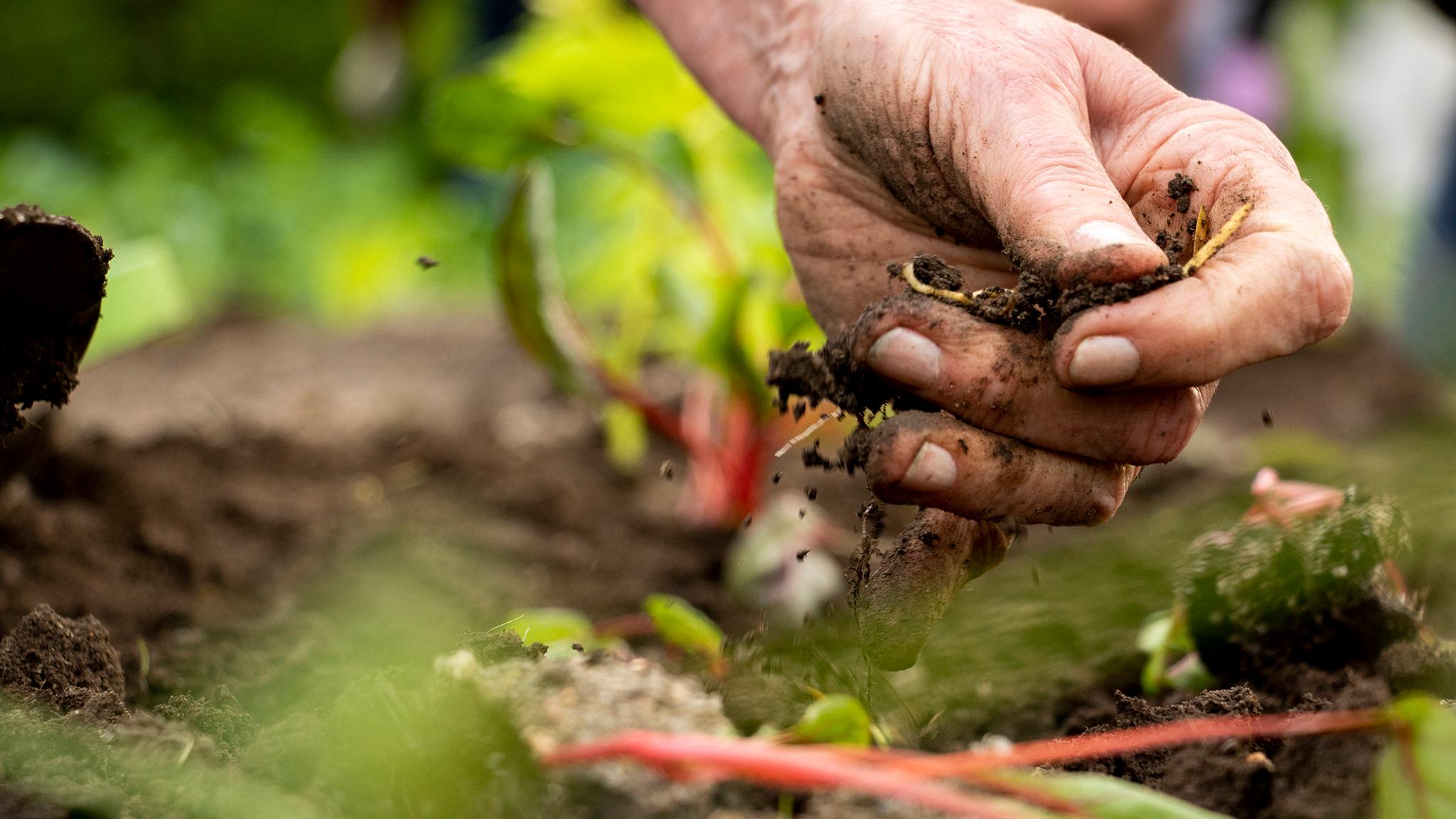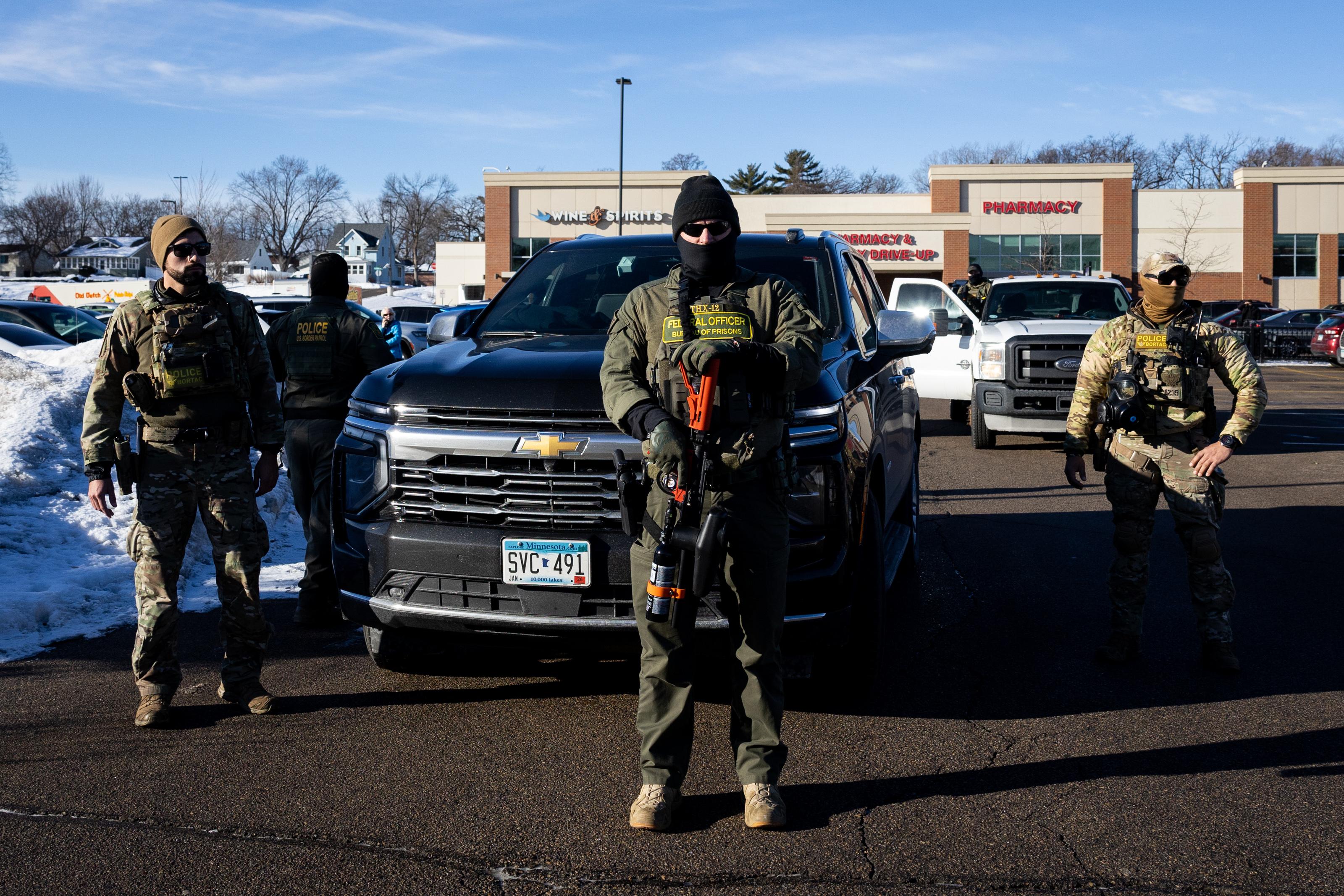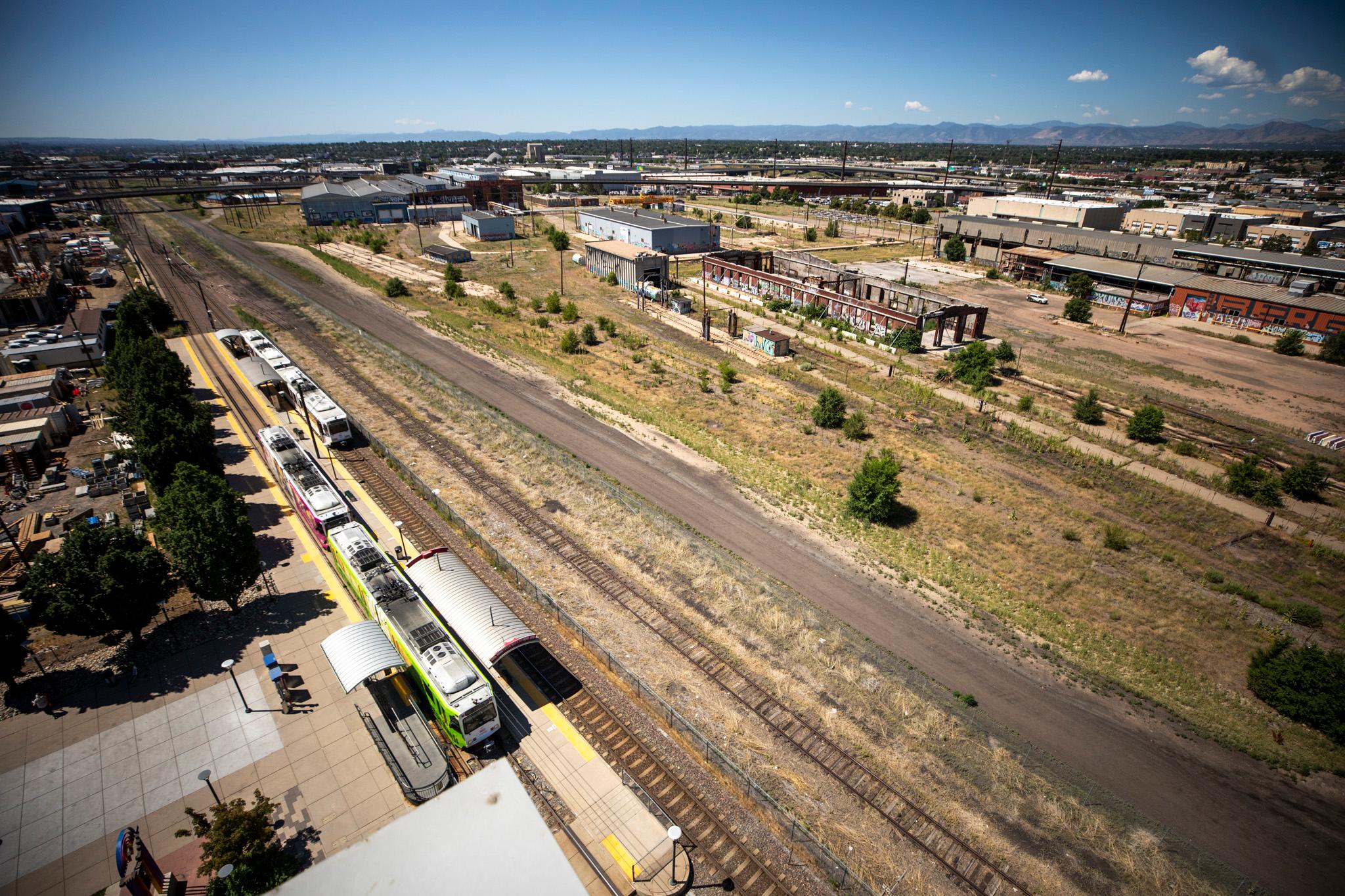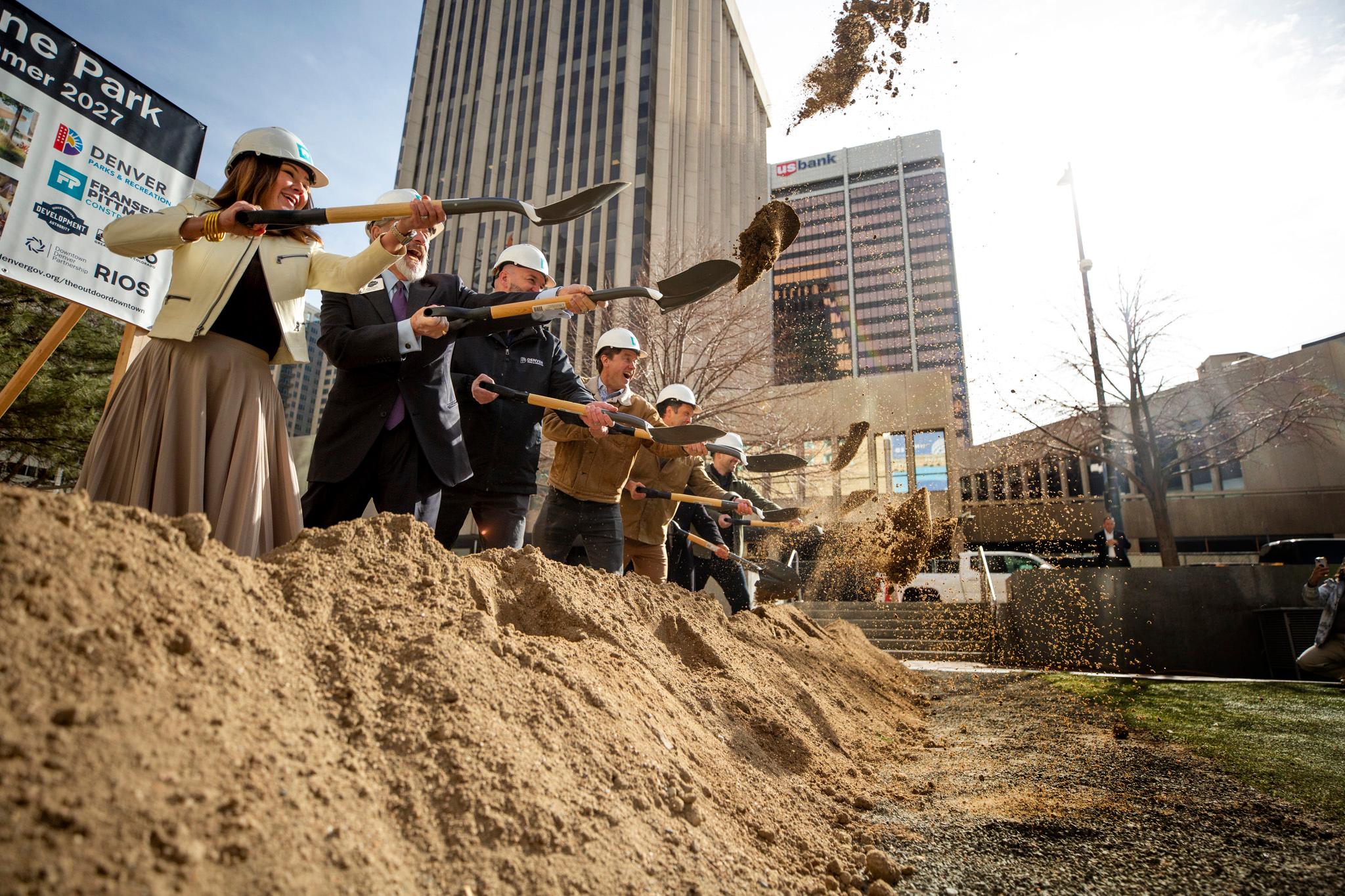It was 2008, during the height of the financial crisis, when Barbara Masoner and a group of fellow activists decided they needed to do something to address a litany of problems.
"Everybody wanted to have this project that would address all the big issues: sustainability, local economy, food injustice," she said. "A garden would be the perfect thing."
So they took a cue from Barack and Michelle Obama's White House vegetable garden and approached then-Governor Bill Ritter to see if, maybe, he would allow them to start something similar at the Governor's Mansion in Capitol Hill.
"They never got back with us," Masoner said.
But one person in the group did have access to a Denver City Council member, and they decided to approach then-Mayor John Hickenlooper.
"And he said, 'That's a great idea. Instead of doing it at my house let's do it in a public place,'" she recalled. "Without asking Parks and Rec, he just said, 'Yeah you guys can have one of the spots here.'"
With that, Grow Local Colorado was born and they quickly set up their first urban garden, a plot in Civic Center Park. The next year, the Returned Peace Corps Volunteers of Colorado, who were also looking for a foodie service project, took over as managers for the garden. It's been their baby ever since.
Last week, the Peace Corps vets planted their 10th season of inner-city crops.
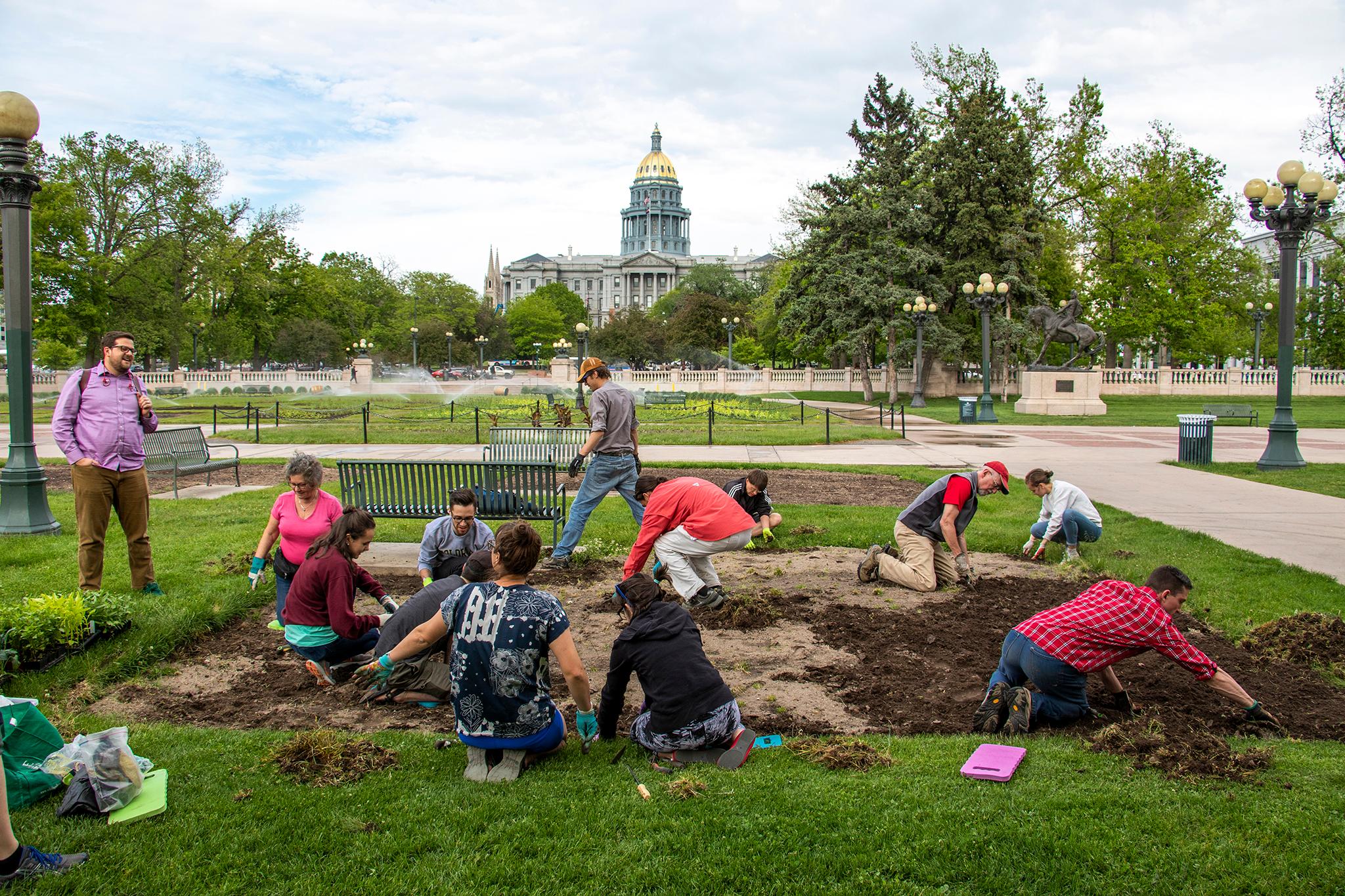
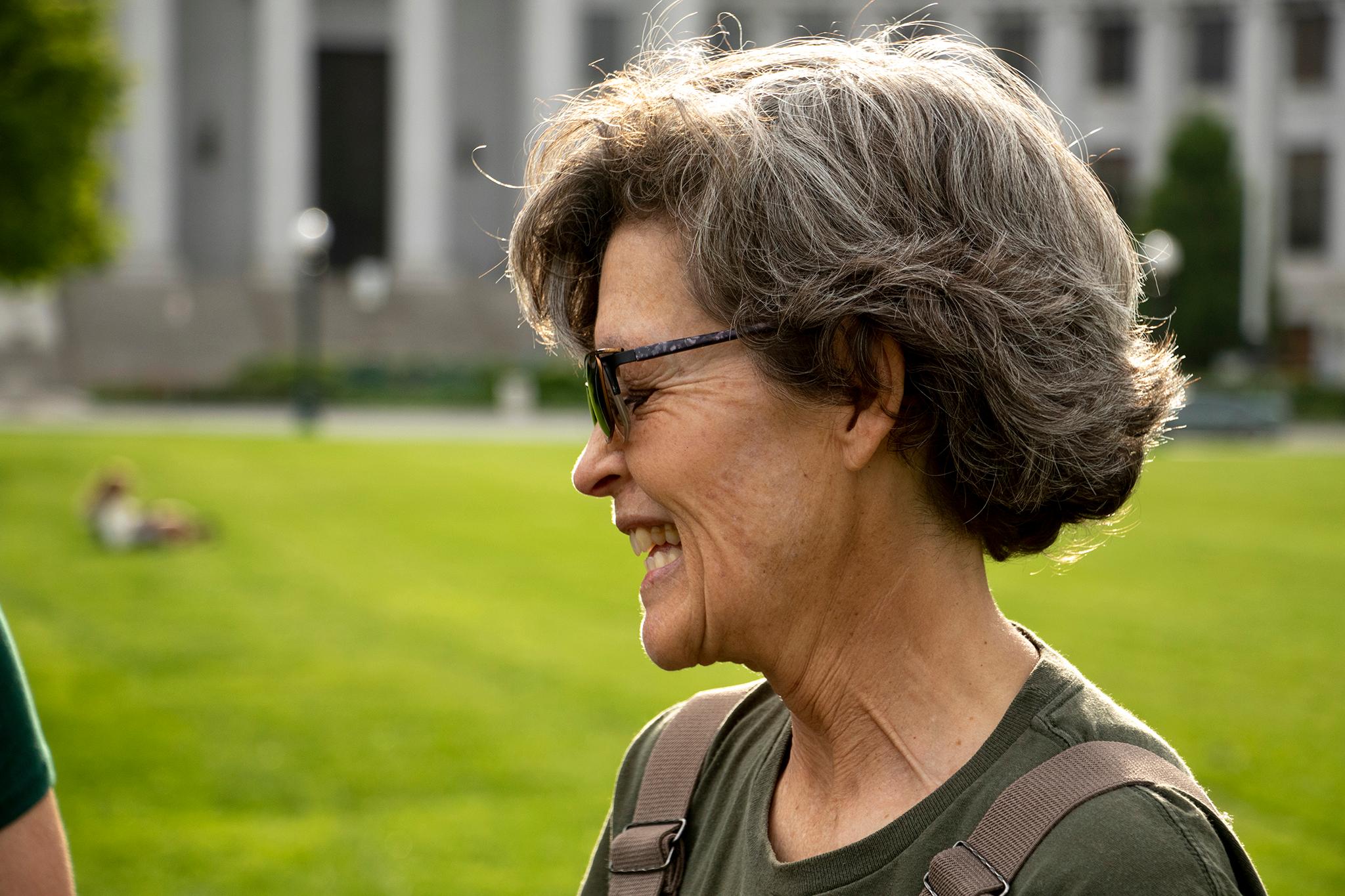
The Civic Center project now takes up two plots right in the middle of the park. Last year, these gardens yielded 463 pounds of food valued at about $1,200, what Masoner said is generally par for the course.
In the last 11 years, Grow Local has expanded beyond Civic Center to 11 total gardens, which include sites at Observatory and Harvard Gulch parks, Fort Logan and the governor's mansion. ("Hickenlooper again!" Masoner exclaimed).
In total, Grow Local's harvests total more than 4,000 pounds of produce each year. It's all donated to shelters and food banks to help alleviate Denver's food insecurity issues. Most of the Civic Center harvest goes to The Gathering Place, a drop-in shelter for women, their children and transgender individuals. SAME Café and the Denver Food Rescue also receive some of the loot.
In Denver, about 16 percent of households don't regularly have access to enough food. That's higher than the national average, which is estimated to be able 12 percent.
Masoner, who was born and raised in Denver, suspects the city's growth is to blame.
"It's because our population's growing so fast and because of the housing issues," she said. "People don't have any money at the end of the month."
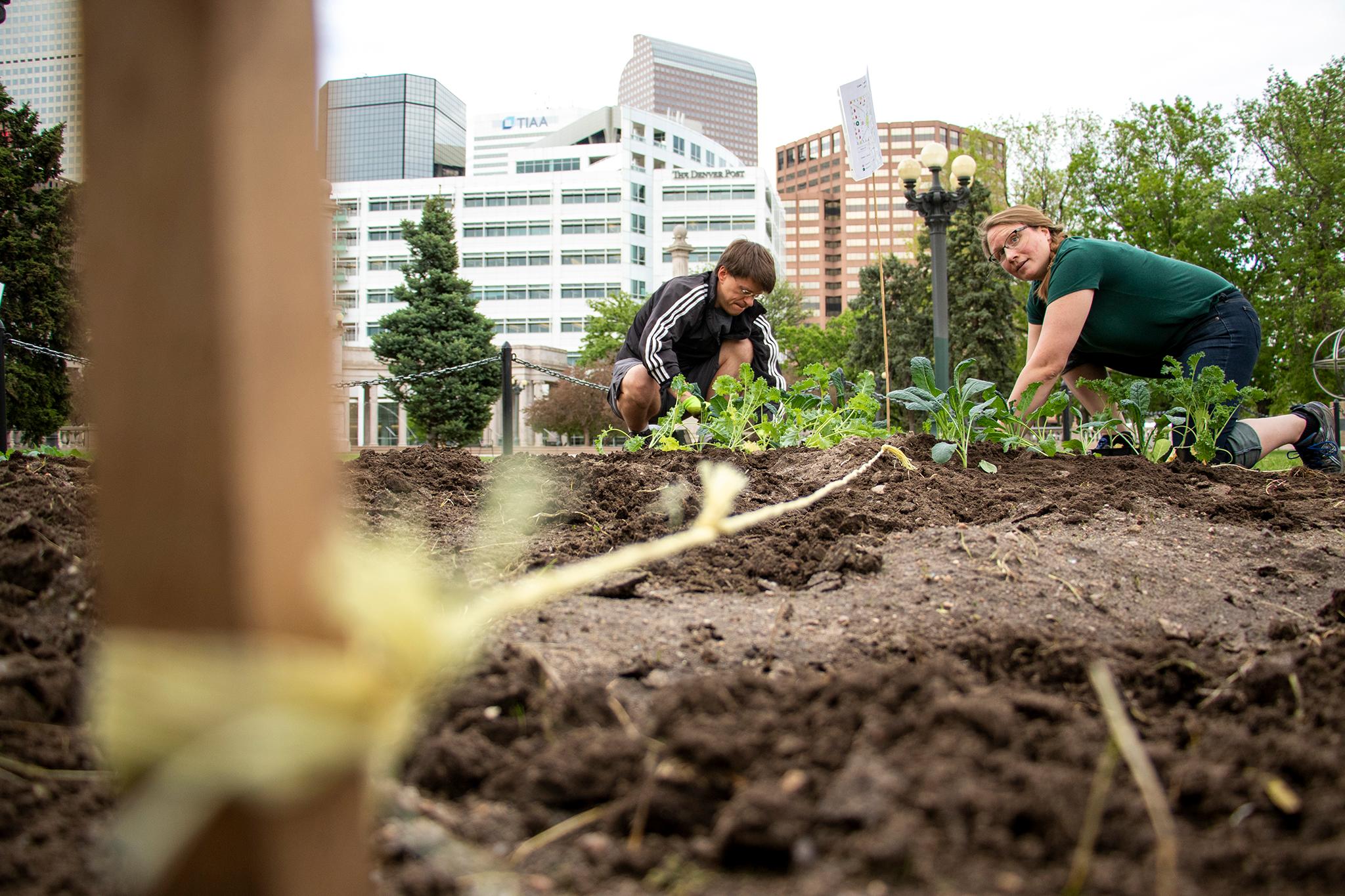
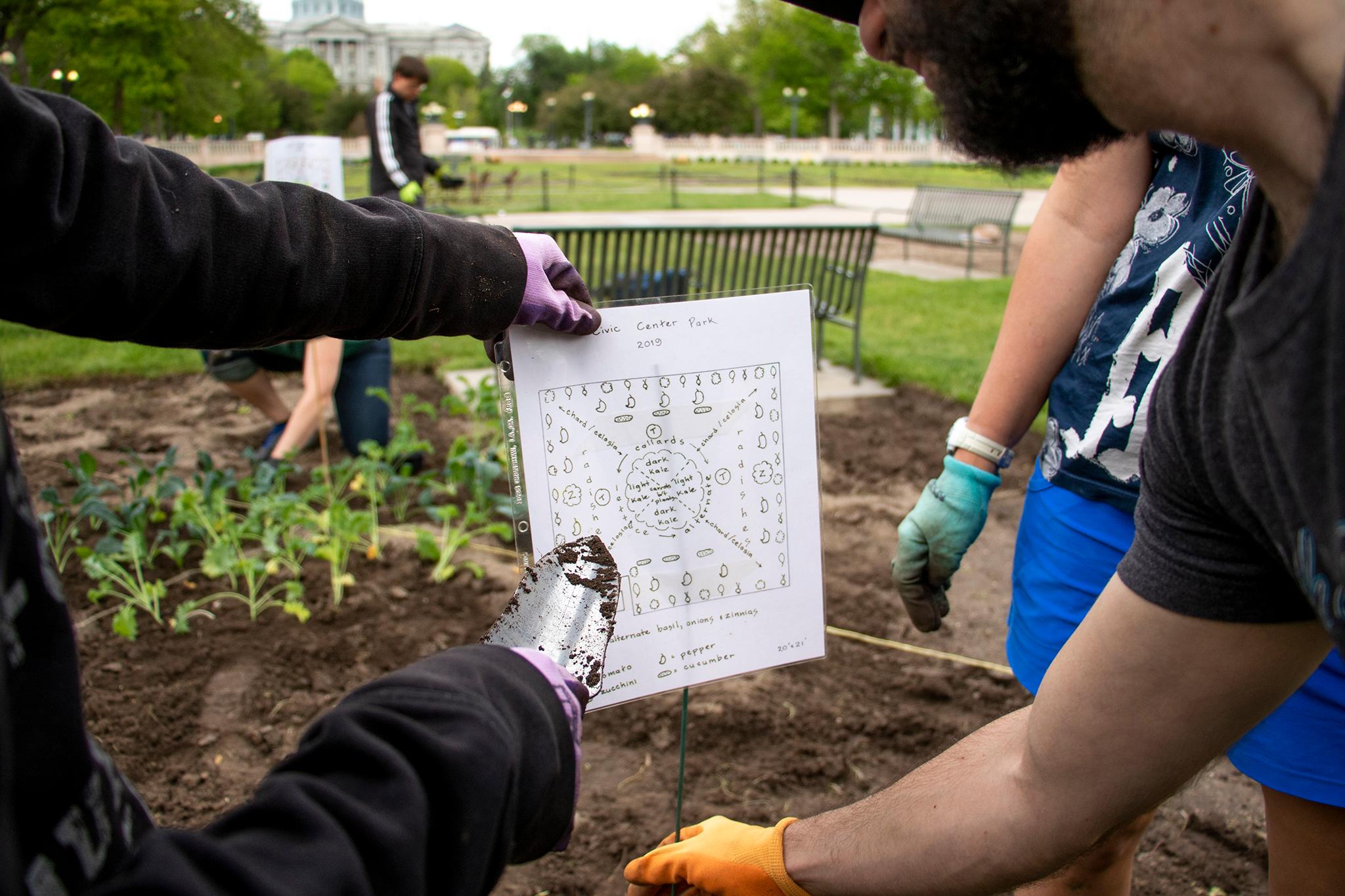
This focus on community support is one reason why the Returned Peace Corps Volunteers were drawn to the project.
Charlie Hunt, president of the returned volunteers' group who served in Vanuatu between 2006 and 2008, said the gardens answer the Peace Corps' "third goal" mandate. The organization's first two objectives have to do with communities served overseas, but the third is about bringing the mission back to serve those at home.
Suzanne Smith, who served in Mongolia between 2005 and 2007, said finding a project that resonates with people can be difficult. The urban garden was one that struck a chord with her fellow volunteers, a reason that their involvement has lasted so long.
And, amazingly, the Civic Center vegetables are rarely pillaged before they're harvested. Over the years, Smith said, people have approached and told her they walk by every day and never noticed vegetables growing in the middle of the park.
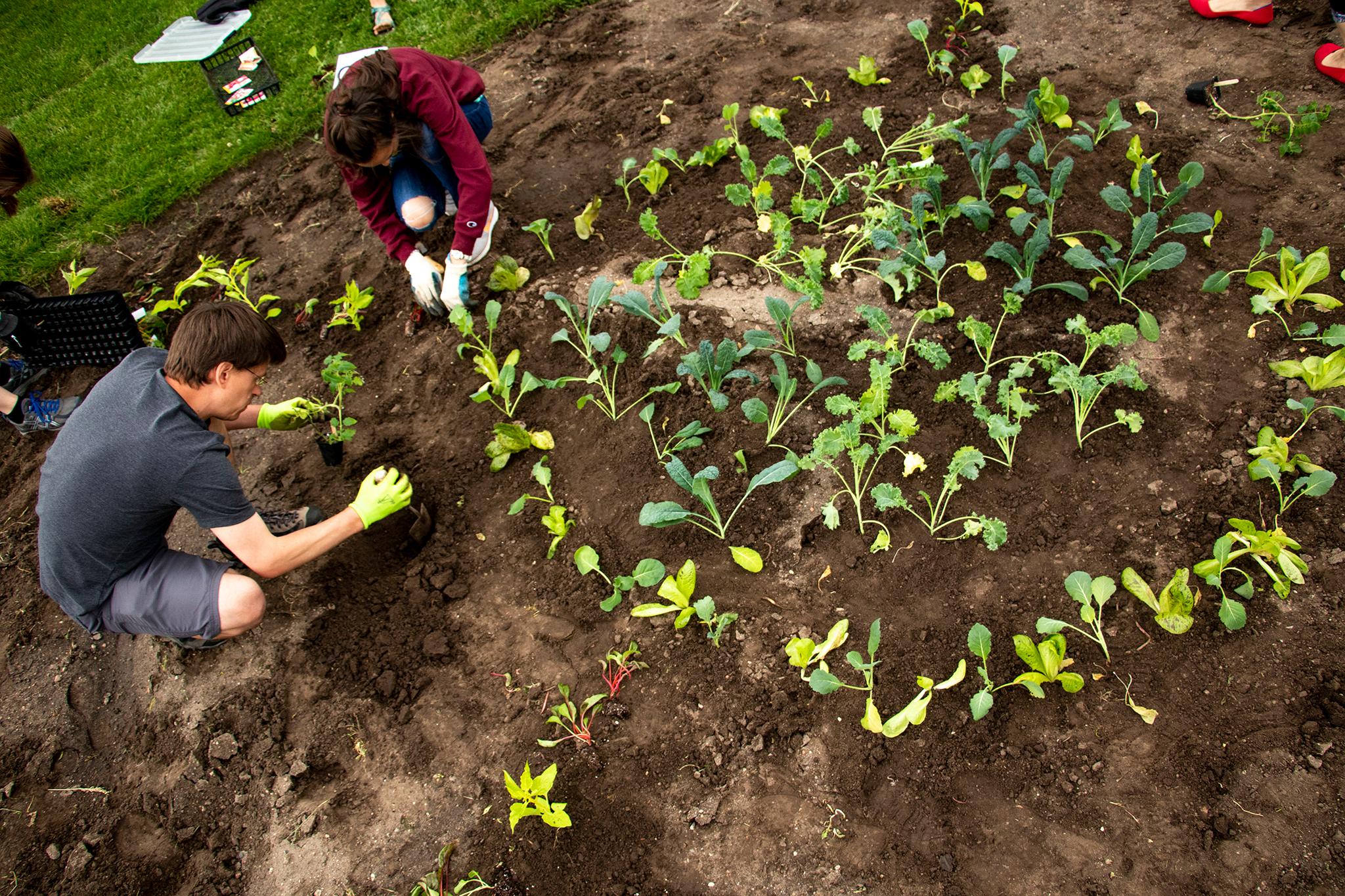
But, as Hunt sees things, the lack of attention is not because the park is an odd place for a garden.
"I think of public parks as they should be a little bit more about the people," he said. After all, it's called Civic Center Park for a reason.
"This is a civic venture. We're doing this for the good of the public and the good of the community. So that's certainly civic. It doesn't seem odd to me."

